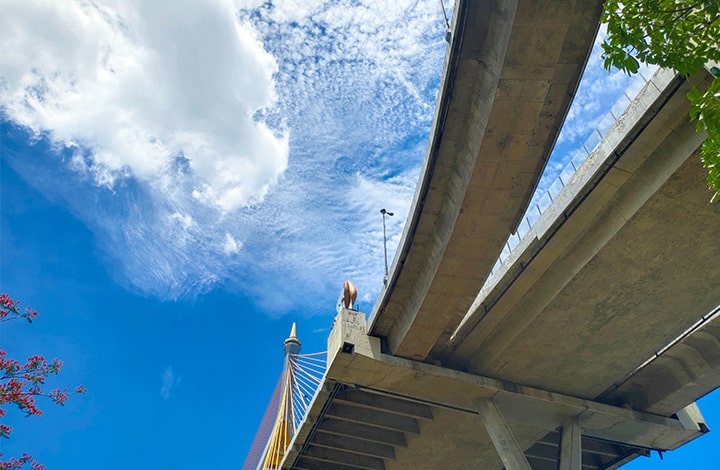JSW Cement is committed to producing solutions that strengthen buildings while also taking into account the requirement for environmentally sustainable building materials. We are bridging the gap between consumer happiness and eco-efficiency with the aid of our cement products.

What is cement?
In order to bond different materials together, cement is utilized in construction. It is a fine powder derived mostly from limestone, clay, and other minerals that have undergone calcination—a chemical reaction—when fired at high temperatures in a kiln. Clinker, a product of this process, is ground into a fine powder and combined with small amounts of gypsum to form cement.
Uses of Cement
Cement is a versatile material used in a wide variety of construction applications. Some common uses of cement include:
Overall, cement is an essential material in construction, providing strength, durability, and stability to a wide range of building projects.
Types of cement at JSW
Our next-generation green cement, JSW Concreel HD, was created to satisfy all specifications for concrete-based construction. Superior cohesiveness and improved chemical resistance are both features of the product. The features include green product, most durable in concrete mix, improved early and later strength, quick setting, superior cohesion and chemical resistance.
Advantages
Our composite cement is a ground-breaking product created for concrete-based construction needs. It is the ideal combination of silica, highly reactive slag, and clinker of the highest grade. This makes it perfect for applications requiring strength, including beams, columns, slabs, and foundations. The features include high strength, improved workability, more durable, sustainable construction, superior smooth finish, high resistance to chemical attack.
Advantages
Environmentally friendly cement that complies with IS 455:2015 standards for high strength, exceptional durability, and resistance to harsh chemicals found in the environment. The features include fast setting, withstands chemical attack, eco-friendly product, high early strength, heavy-duty product used for requirements of high strength and safety.
Advantages
In order to increase the durability of the structures, some of the OPC is substituted with Ground Granulated Blast Furnace Slag (GGBS) in Portland Slag Cement (PSC), which is a blended cement. The features include longer life, better surface for painting, resistant to chemical attack, incomparable long-term strength, less heat of hydration and reduced thermal cracks.
Advantages
Ordinary Portland Cement (OPC)
In typical concrete construction work, ordinary Portland cement (OPC) is one of the most widely utilized cement varieties. Wherever exceptionally high early strength and quick setting are required, our OPC is employed. In construction sites, it can either be used alone or combined with mineral admixtures such fly ash and GGBS using a high-efficient mixture, depending on the situation. The features include high early strength, faster de-shuttering of formwork, increase speed of construction.
Advantages
We encourage you to visit https://www.jswcement.in/cement or schedule a consultation with us through our website if you require additional information on the type of cement you should be probing for your construction needs.